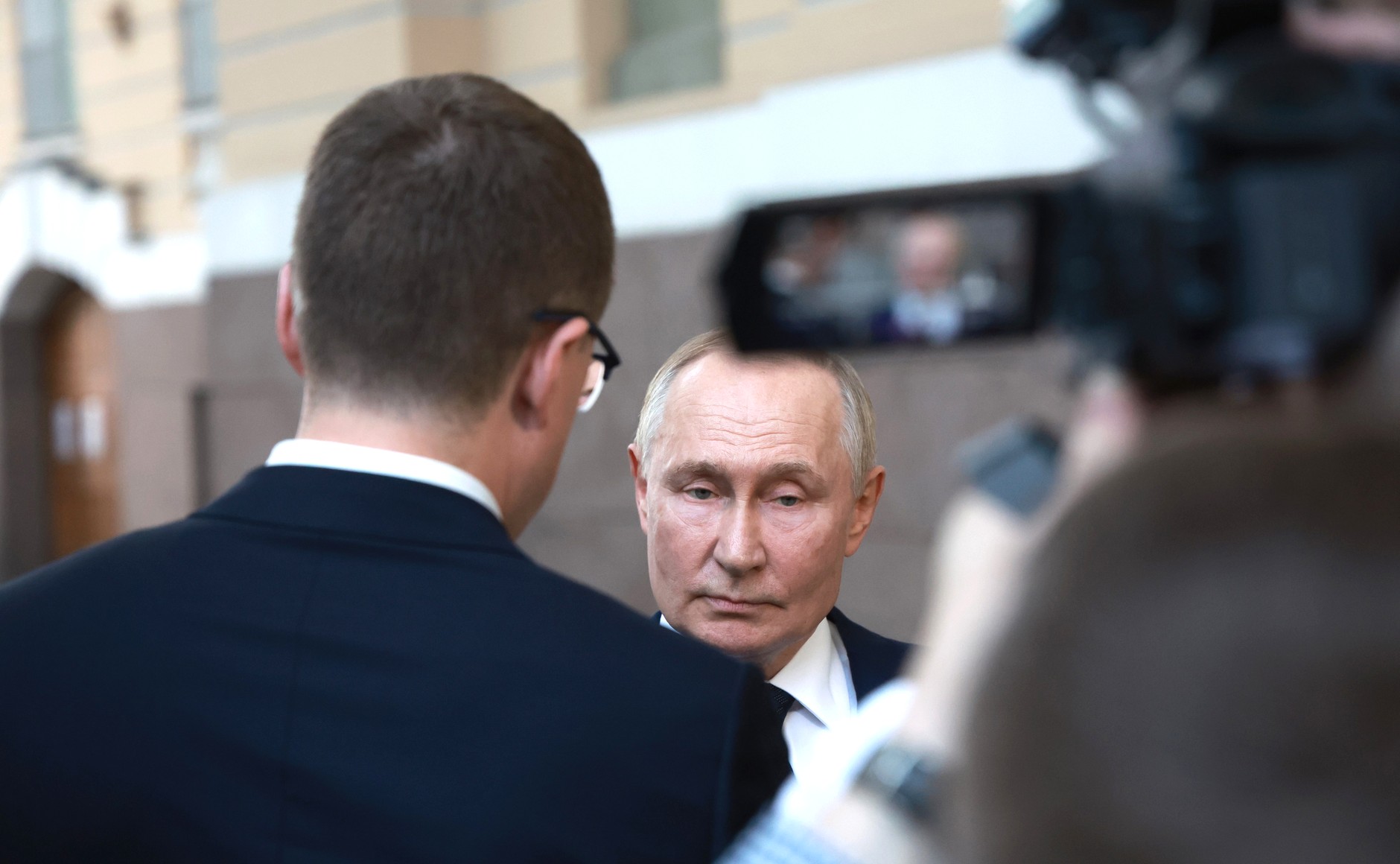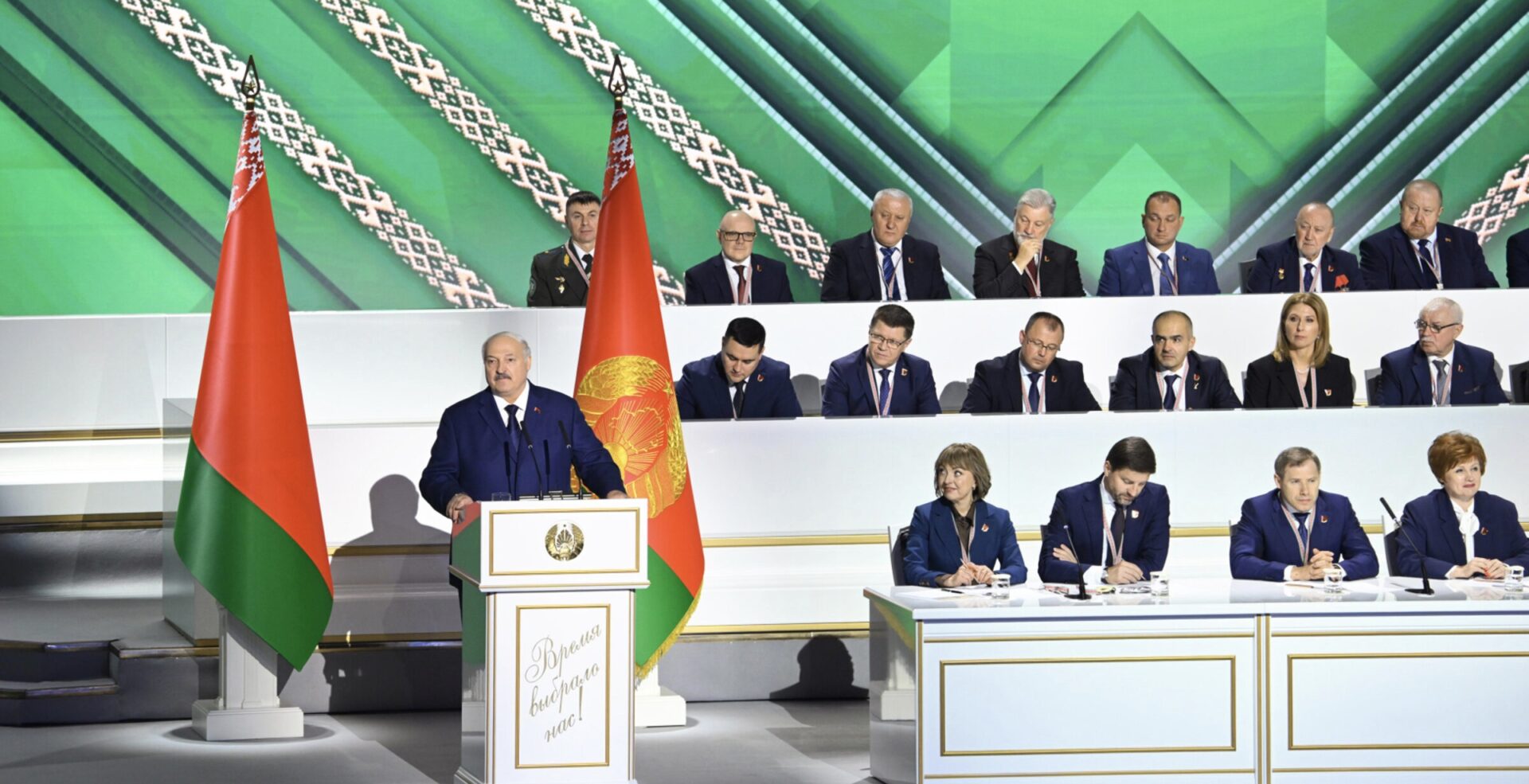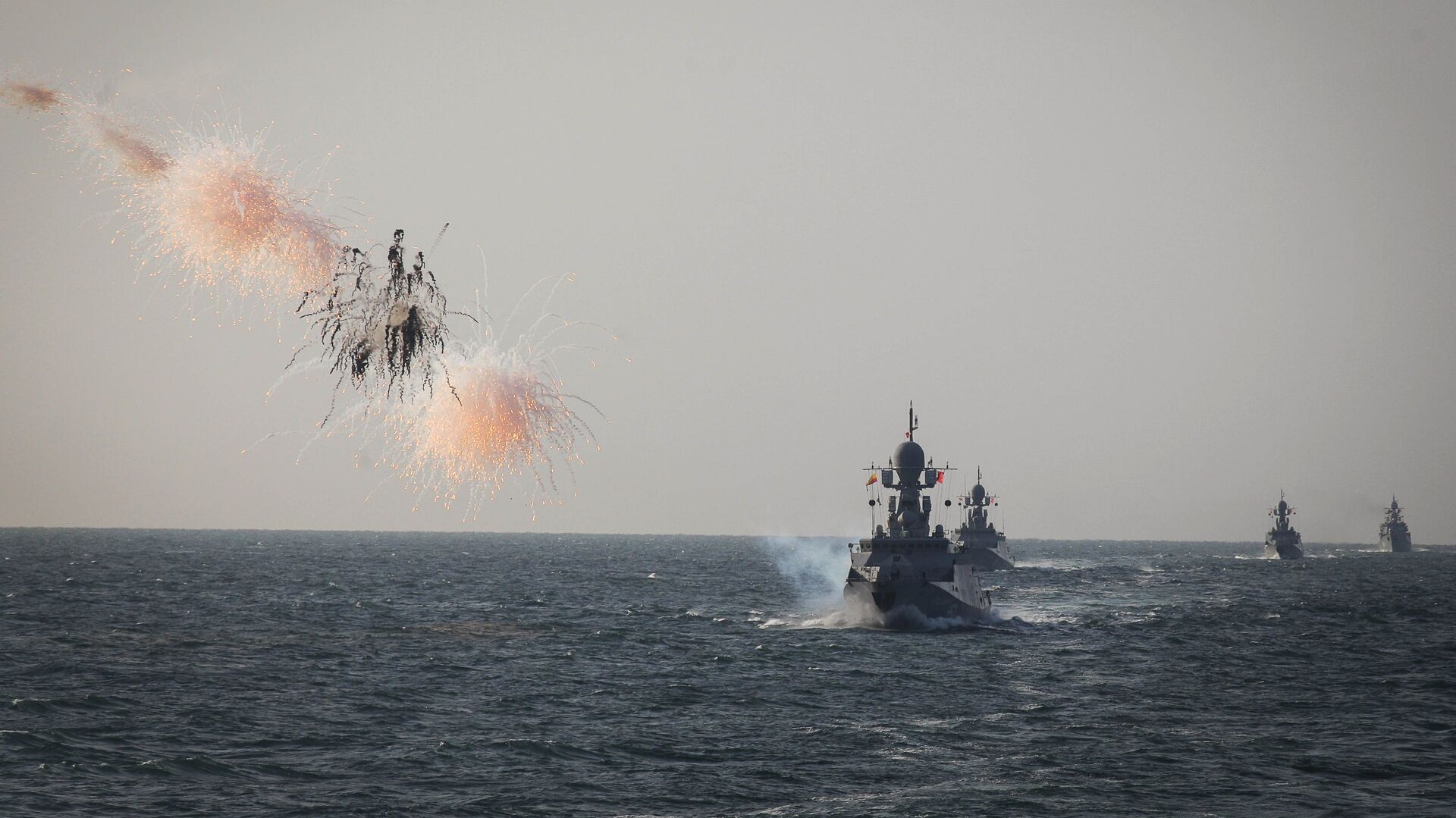
Moscow Takes the Measure of Western Vacillations
Moscow Takes the Measure of Western Vacillations
Executive Summary:
- Russian President Vladimir Putin is attempting to distort Western discussions about Ukrainian use of long-range weapons on Russian soil, launching a fresh wave of escalatory threats should Western capitals grant Kyiv such authorization.
- Putin’s escalatory threats of nuclear retaliation aim to pressure Western nations and exploit potential divisions between the United States and its European allies, but his rhetoric has grown increasingly hollow.
- Western nations continue to calibrate their responses to Putin’s nuclear brinkmanship, as Putin’s declarations of nuclear warfare are bluffs until they are not.
Since the start of Russia’s war against Ukraine, the US-led Western coalition has demonstrated remarkable determination in supporting Kyiv. Yet, every practical step in providing military support to defiant Ukraine has involved protracted deliberations (Kuzio, “Crimea: Where Russia’s War Started and Where Ukraine Will Win,” July 8). Moscow has sought to exploit and exacerbate these concerns but has been unable to derail coalitions formed for supplying Ukraine with Leopard main battle tanks or F-16 fighter jets. Current deliberations in London, Brussels, and Washington revolve around granting Ukraine consent to launch long-distance strikes into Russia with Western weapon systems, which would presumably put even more pressure on the Kremlin and its disastrous war. Russian President Vladimir Putin is attempting to distort these discussions, launching a fresh wave of escalatory threats should Western capitals grant Kyiv such authorization (Rossiiskaya Gazeta, September 13).
Putin’s brinkmanship has grown tired in its rhetoric and lack of follow-through. In an effort to be more convincing, he upped the ante, claiming that a dramatic change in the “very nature, very essence of the conflict” was supposed to re-energize Russian deterrence (Rossiiskaya Gazeta, September 13). Russian mainstream media reported on the supposed international resonance from Putin’s assertion that North Atlantic Treaty Organization (NATO) countries were set to enter directly into war with Russia and his promise to make “appropriate decisions” (Kommersant, September 13). Less attention has been given to the fact that this outburst happened immediately after he met with Chinese Foreign Minister Wang Yi (RBC, September 12). Upon closer examination, despite all the pomp, there is not much new substance in Putin’s posturing. Nevertheless, his latest words still contain nuances worthy of a closer look (Republic.ru, September 13).
For once, Putin did not single out the United States, instead grouping it together with the European states. Even so, the Kremlin knows perfectly well that the power of the decision in question rests primarily with Washington. Putin’s statement makes it impossible for US President Joe Biden to yield to nuclear blackmail, and brushing it away by saying “I do not think much about Putin” is a proper but insufficient response (Izvestiya, September 14). Few doubts remain about the forthcoming permission for Ukraine to execute the long-range strikes. The real question is about timing and targeting, as only the United States can supply real-time high-precision data, even if Putin speaks about “NATO satellites” (Meduza, September 14). The Kremlin may well presume the decision has already been made. Thus, the purpose of the new emphasis on nuclear risks aims to boost this theme in US domestic debates, as the elections in November loom (Nezavisimaya Gazeta, September 12). The surge of public concerns about a nuclear catastrophe would play well with former US President Donald Trump’s dubious promise to convince Russia and Ukraine to end the war promptly (Kommersant, September 13).
Another purpose of Putin’s démarche is likely to deepen the apparent disagreements between the United States and its European allies, always a priority goal in his foreign policy (Kommersant, September 11). The new British government has taken the lead in granting Ukraine the right to use Storm Shadow missiles for strikes inside Russia. Moscow’s defamation of six British diplomats as spies and the publication of their photos was supposed to be punishment for this “hostile” course (Rossiiskaya Gazeta, September 13). France, which a few months ago was vilified for starting the debate on sending NATO troops to Ukraine, remains silent on the use of its SCALP-EG long-range missiles. The Kremlin may be betting on a cautious course for Michel Barnier’s fragile government (Nezavisimaya Gazeta, June 4; Novaya Gazeta Europe, September 9). Moscow is placing particular attention on Germany, where the government coalition has been shaken by defeats in the regional elections of Saxony and Thuringia (RIAC, September 3). Chancellor Olaf Scholz signals intentions to propose a peace plan for Ukraine, while the question about the Taurus KEPD 350 long-range missile has disappeared from his agenda, much to the consternation of Ukrainians (Forbes.ru, September 3; NV.ua, September 10).
Putin’s own attempts to establish that strikes with Western missiles are a “completely different story” from the strikes with Ukrainian missiles and drones betray the falsity of his threats (RIA Novosti, September 14). The US-supplied Army Tactical Missile Systems, or ATACMS, can carry a powerful warhead upwards of 300 kilometers (186 miles). Ukrainian drones, nevertheless, already reach as far as the Olenya air base on the Kola Peninsula, and strikes have caused an oil depot in the Rostov region to burn for two weeks (Meduza, September 14). The US-supplied M142 HIMARS artillery rocket systems have been effective in destroying bridges and pontoon crossings over the Seim River in Kursk region (TopWar.ru, August 21). Additionally, the first squadron of F-16 fighters has engaged in intercepting Russian missile strikes on Ukrainian cities (RBC, September 9). Moscow has defined none of these upgrades in Ukrainian capabilities as a breach of its “red lines.” Nevertheless, the prospect of Storm Shadow missile strikes prompted Sergei Karaganov, the leading Russian advocate for nuclear escalation, to suggest a strike on Berlin (Kommersant, September 11).
Well-targeted strikes with medium-range missiles can make some difference by denying the Russian Air Force the use of its forward bases. Ukraine’s offensive in Kursk, nonetheless, has made a greater impact on the trajectory of the “long war” (Novaya Gazeta Europe, September 11). Putin has downplayed this debacle and devised a dual strategy of stepping up the attacks on Pokrovsk in Donbas and slowly pushing the over-extended Ukrainian brigades from captured Russian territory (see EDM, September 3, Meduza, September 14).
Six weeks into the Ukrainian operation, this strategy has failed in both directions. The defenses around Pokrovsk still hold, while Russian counterattacks in Kursk are being met with concentrated fire and smart maneuvers (The Insider, September 14). Putin’s fixation on the notion of holding the strategic initiative prevents the necessary alterations of his flawed strategy and condemns Russian forces to degradation from heavy casualties (Mediazona, September 13).
Any setback on the fluid battlefield may cause another swing of Putin’s mood from overconfidence to angst, thus triggering a new bout of nuclear brinkmanship. US and European policymakers have learned this pattern and gained experience in calibrating responses that neither dismiss the blackmail nor yield to it. Symbolic declarations that “grant” Ukraine the right to use Western weapons as it deems necessary are not helpful, but expanding practical work with the Ukrainian command on precise targeting to minimize civilian casualties is needed. Geopolitical caution reminds that Putin’s declarations are bluffs until they are not, though the same is true about the firmness of his grip on power.


